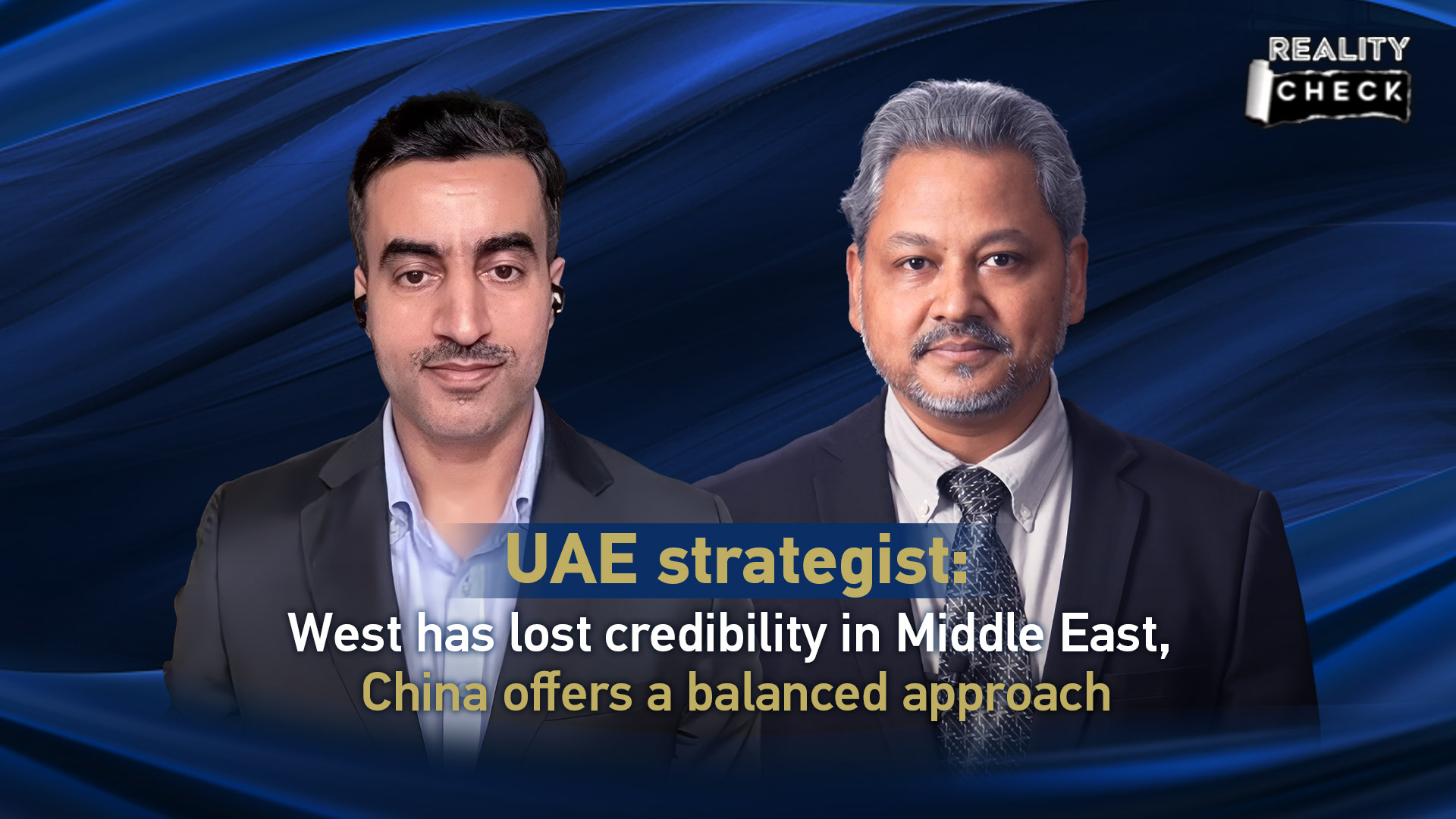Editor's note: Amid the catastrophic ongoing Israeli-Palestinian war, China and the United Arab Emirates (UAE) earlier this week urged the United Nations Security Council (UNSC) to come up with a "meaningful, actionable resolution" aimed at urgently improving the dire humanitarian crisis in Gaza. China, currently the rotating chair of the Security Council, is working closely with the UAE, a UNSC member, to call for an immediate cessation of hostilities and the protection of civilians in Gaza. To gain insight into the Arab perspective on these critical developments, CGTN's Sr. International Editor Abhishek G. Bhaya spoke with Ebrahim Hashem, an Emirati Strategist and Asia Global Fellow at Hong Kong University's Asia Global Institute. The views expressed in the video are his own and not necessarily those of CGTN.
Edited excerpts:
CGTN: How do Arab countries view China's policy on the issue? In your opinion, what role or what additional action can China take in bringing an end to the current spate of violence?
Ebrahim Hashem: China and other countries at the UN Security Council have been trying to really stop this genocide asking or demanding ceasefire, but because Israel is being backed by certain Western powers, especially the United States and the UK, the Israeli army has been given the green light to just go and do whatever it wants in the name of "self-defense."
China has been working with the Arab representatives at the United Nations, especially at the United Nations Security Council, with the UAE, which is now a member of the Security Council representing the Arab voice. So, both China and the UAE have asked for meetings to discuss what's happening in Gaza and to stop the massacre and genocide. Of course, these efforts have been blocked by the Western bloc, including the United States and the UK and others.
Diplomatically and politically, I think China has been doing a good job, trying to put an end to this massacre, to this genocide in Palestine, especially in Gaza. So, there's a lot of goodwill for China in the region, and this has not come out of a vacuum. China has been contributing positively to the region, not only economically and politically, but also diplomatically. As we know, China recently brokered the rapprochement between Saudi Arabia and Iran, that has contributed enormously to having stable relations between Saudi Arabia, the Arabs, and Iran.
CGTN: What do you have to say about the position that the U.S. and other Western countries have taken on this issue?
Ebrahim Hashem: The West, specifically the Western governments, have already lost credibility and legitimacy, understanding, in this case, the case of Palestine and what's been happening in Gaza. The Israeli army did not really go full force to bomb everything, carpet bomb everything within Gaza, until the [UN] resolution draft was blocked by the U.S., UK, France, and Japan at the beginning of this crisis.
There was a proposal to have a ceasefire, but it was blocked by these countries, the United States, and the UK, in addition to other Western countries, they have already sent their naval assets, the fighter jet [aircraft] carriers, to the Eastern Mediterranean and the Red Sea. These are the signals at least we are getting from the moves made by Western governments.
A lot of people now say well, the U.S. as a mediator in the Palestinian-Israeli issue has already lost all credibility and legitimacy to be the sole mediator. China and possibly Russia can actually have a more balanced approach to this issue.
(If you want to contribute and have specific expertise, please contact us at opinions@cgtn.com. Follow @thouse_opinions on Twitter to discover the latest commentaries in the CGTN Opinion Section.)


